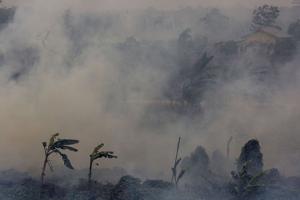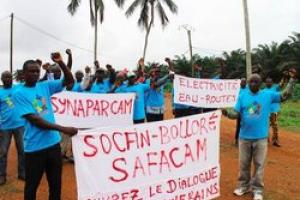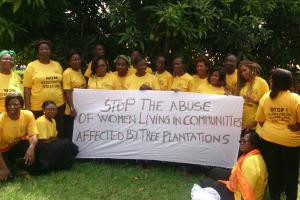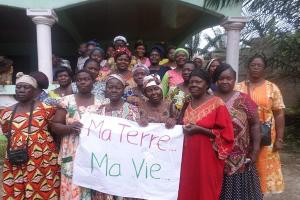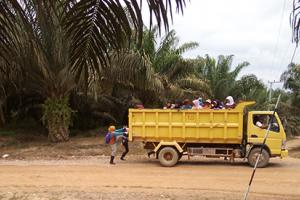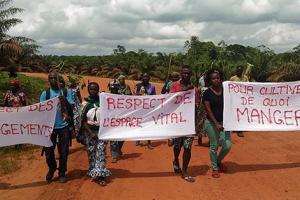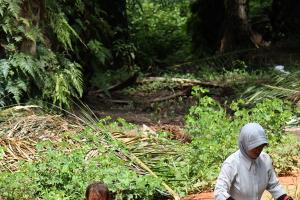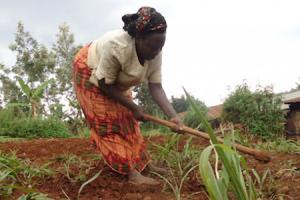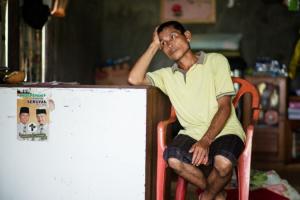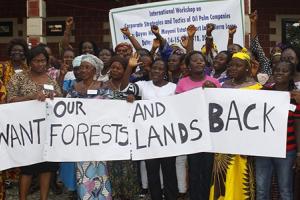Palm Oil
The oil palm tree is native to West Africa. It is an important tree for forest-dependent communities, their cultures and their economies. However, large-scale oil palm monocultures for industrial production (oil and agrofuels) have been driving deforestation and land grabbing in Southeast Asia. More recently, oil palm monocultures are also driving destruction in Africa and Latin America.
Despite that most forest fires in Indonesia started within expanding oil palm plantation concession areas, companies are not being persecuted. (Available in Indonesian).
The oil palm company Socapalm in Cameroon plans to renew its ISO 14001 certification, which expired in 2017. We expose the company's attempts to cover up the destruction caused to the communities and the environment
From rapes, forced body searches and searches of private spaces, to the risk of losing their lives: this article calls on us not to be accomplices to the violence women living around tree plantations in Cameroon suffer.
The expansion of oil palm plantations in Indonesia has turned women into landless food buyers and cheap labour, with no adequate safety and health protection, for the plantation companies. (Available in Indonesian).
A woman from the village of Mbonjo 1, Cameroon, which has witnessed the impact of industrial palm oil plantations and the constant presence of the military, calls for international solidarity and protection of right to life and freedom.
Women suffer many types of violence committed by oil palm plantations companies’ employers, security forces, police and military, which subsequently reinforce patriarchy and their roles and relations within society in general. (Available in Indonesian).
Covered under the shade of oil palm companies in Cameroon: A recount of the abuses that women suffer
Plantations are increasingly surrounding and engulfing communities. Women must walk through company-occupied lands in order to seek their livelihoods. This, among other things, can cost them their lives.
